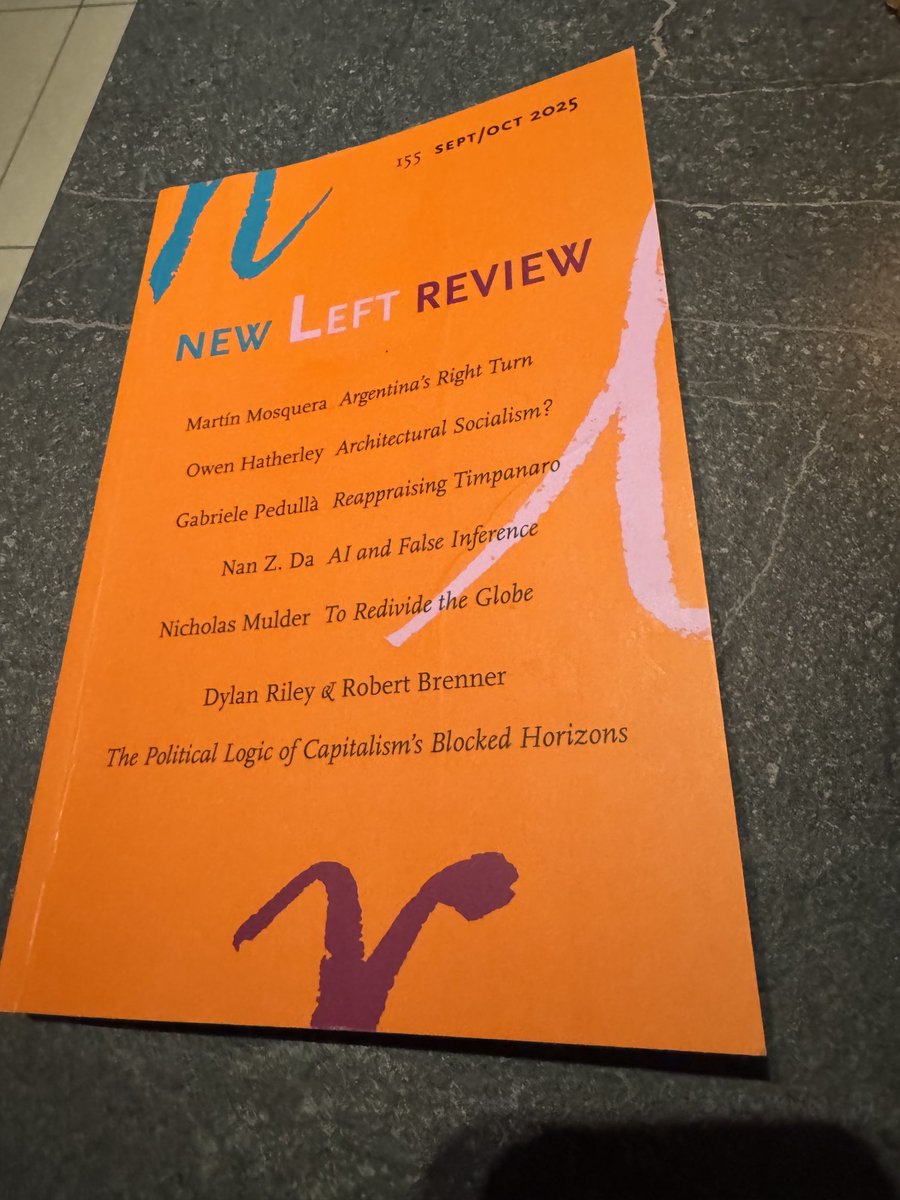
How to get URL link on X (Twitter) App


 What materialism cannot see is that ‘interest’, even material is open to interpretation. Short or long term? Do you identify with your class segment and the short term or the whole class and the longterm. A material interest choice only? No also a spiritual choice as to value.
What materialism cannot see is that ‘interest’, even material is open to interpretation. Short or long term? Do you identify with your class segment and the short term or the whole class and the longterm. A material interest choice only? No also a spiritual choice as to value.
https://twitter.com/johnmilbank3/status/1652665117140459520Similarly traditional marriage and the family should be encouraged but without any suggestions of intolerance or suppression of different lifestyles and relative lack of support for single people. Tone is often everything.
https://twitter.com/johnmilbank3/status/1638158615063191552I keep hearing of instances where vicars try to shut down perfectly thriving occasional lay congregations, sometimes including children. This is not a ‘mission strategy’ but the very opposite: a deliberate shutting down of rooted, local and lay Christianity on ideological grounds
https://twitter.com/johnmilbank3/status/1622149603297529856Soloviev also broke with panslavism to pursue an ecumenical project. He believed strongly in reuniting eastern and western Christendom under the pope. One of his successors Lev Karsavin sustained this despite his eurasianism which largely concerned not despising Asian cultures.